The world is changing... ICHEC is evolving with it!
The world is constantly evolving, marked by an impressive acceleration in digital technologies, environmental challenges, and the rapid transformation of professional practices for future generations.
In response to these challenges, we recognize the importance of our role in shaping the managers of tomorrow. In 2024, we have decided to profoundly reform our programs to address the rapid changes in our societies. Twenty-five voluntary teachers from various disciplines have worked on this program reform by adopting a competency-based approach. This reform revolves around three major axes.
Axis 1 - Sustainability
The ICHEC Durable project, launched in 2020, led to the co-creation of a sustainability strategy for ICHEC and the formulation of a new vision. This vision is now reflected in the courses, seminars, and other activities offered to our students.
Axis 2 - Digital
The digitization of the professional world, and particularly the rapid development of Artificial Intelligence, are now integrated across all aspects of our students' education.
Axis 3 - Soft Skills
The development of human and interpersonal skills is essential in training future responsible managers who are capable of communicating, uniting, and mobilizing teams.
After consulting with the professional world, students, and teachers, seven key competencies to be achieved by future graduates have been defined
The 7 key competencies:
Self-development
To know oneself better
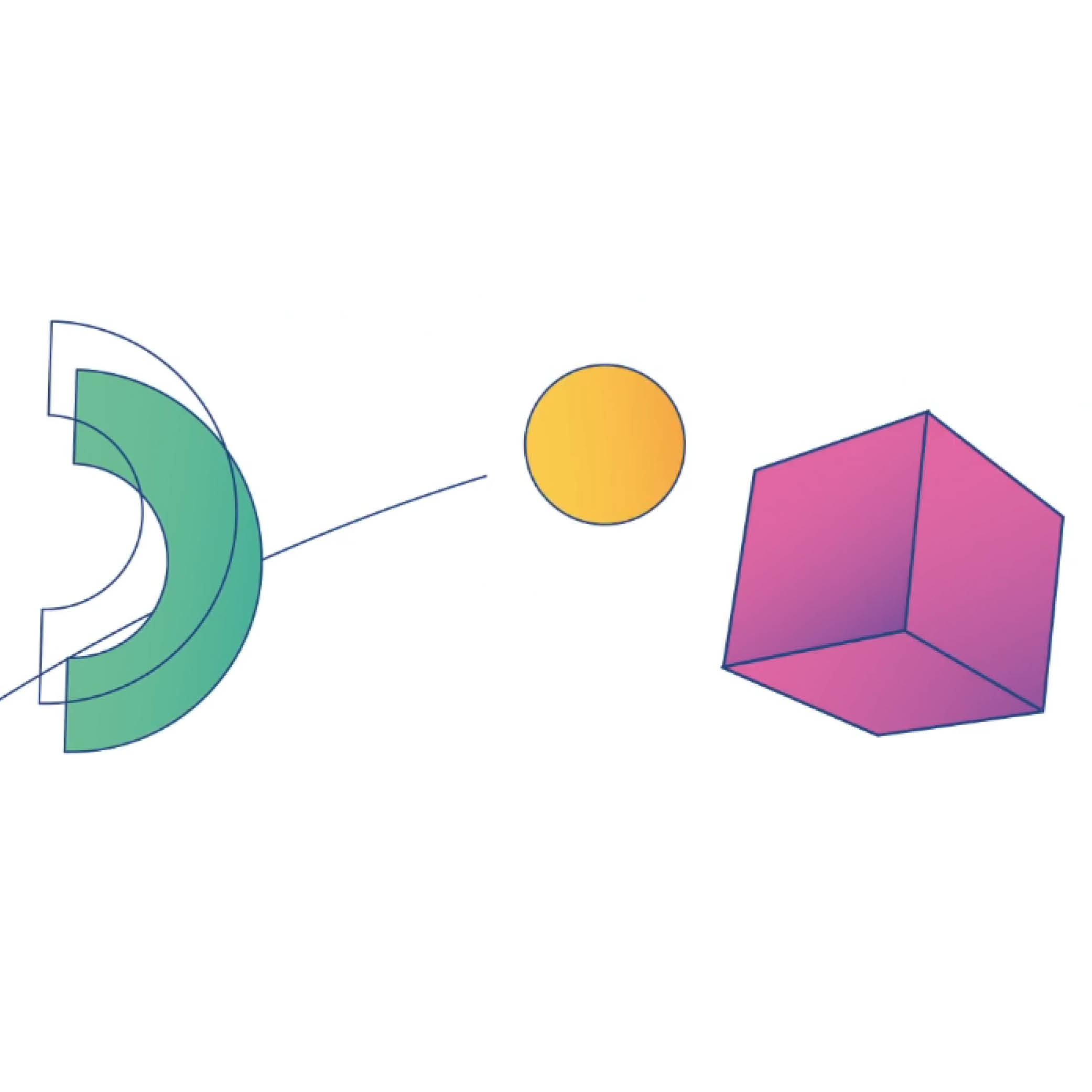
- By learning about oneself, identifying one's strengths and areas for improvement, understanding one's individual and group dynamics, motivations, talents, and desired role in society.
- By developing the capacity for lifelong learning and evolving independently.
- By learning from others, experiences, and mistakes while demonstrating openness and curiosity.
- By developing personal and professional goals within an ethical framework.
Exercising critical thinking
To ask the right questions
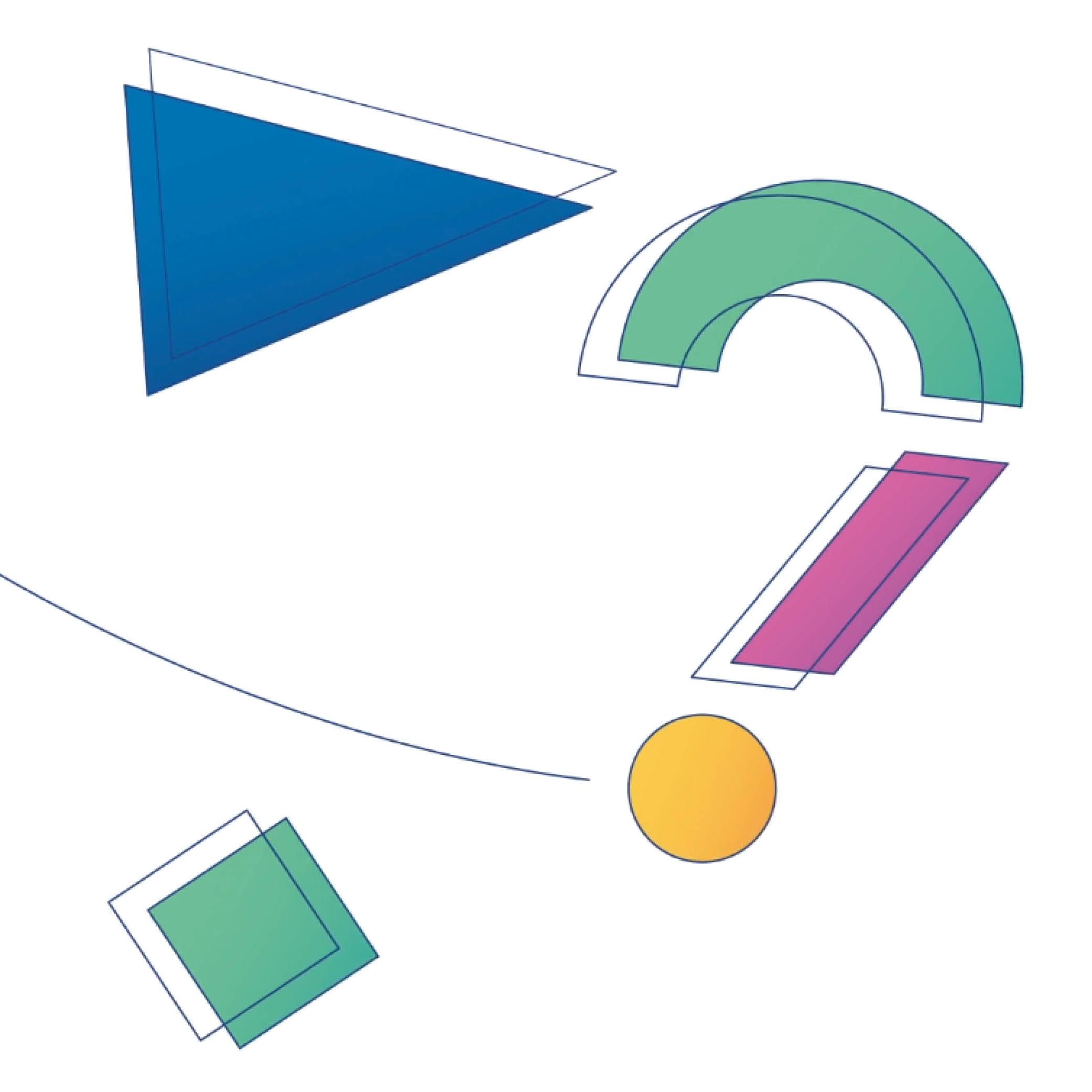
- By observing a complex and systemic reality, collecting relevant data using appropriate tools, and considering different perspectives.
- By questioning the reliability, quality, and legitimacy of sources, including outputs from artificial intelligence.
- By analyzing data, establishing connections between various elements, applying scientific reasoning, and mastering information technologies.
- By scrutinizing decisions and tasks managed by digital systems to maintain control over them.
- By challenging established frameworks and models, comparing them with and confronting them against real-world scenarios, using an interdisciplinary approach.
Designing Desirable Futures
To come up with solutions

- By identifying and understanding social and environmental issues based on scientific resources.
- By mobilizing existing and emerging models, theories, and technologies.
- By generating and testing innovative and creative solutions that address social and environmental challenges.
- By assessing the current and future impact of proposed actions on individuals, organizations, their ecosystems, and society.
- By imagining new prospective, regenerative, and inclusive narratives for the future.
Making decisions
To set milestones
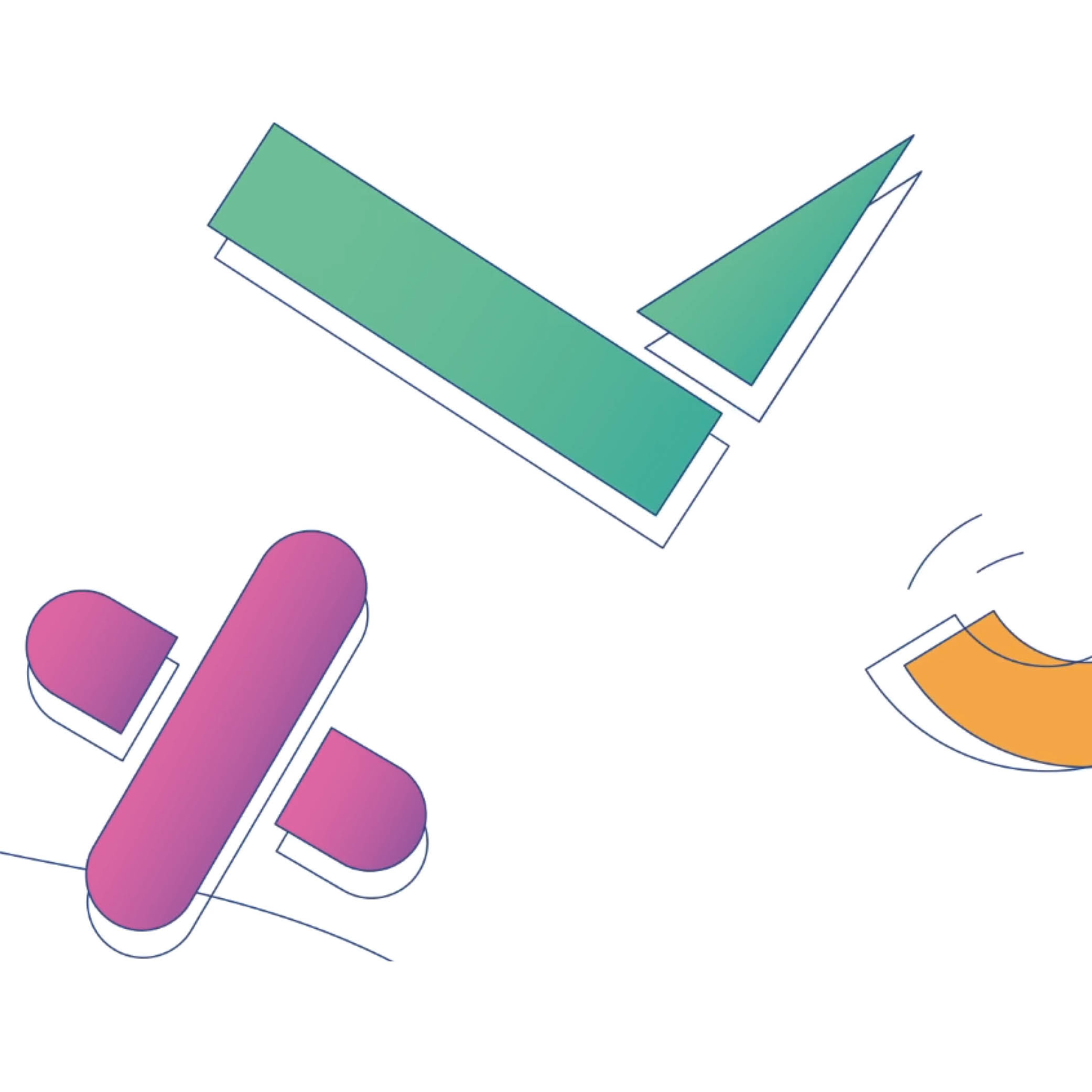
- By understanding and analyzing the context, including international and technological factors, while relying on reliable and relevant data.
- By identifying parameters and issues, considering different perspectives and stakeholders.
- By anticipating, measuring, and mitigating risks and consequences for the organization, the environment, and other stakeholders.
- By using decision support tools effectively.
- By adhering to principles of responsible management.
- By exploring various models of organizational governance and decision-making approaches.
- By regularly evaluating the impacts of decisions and making adjustments as necessary.
Undertaking
To drive progress
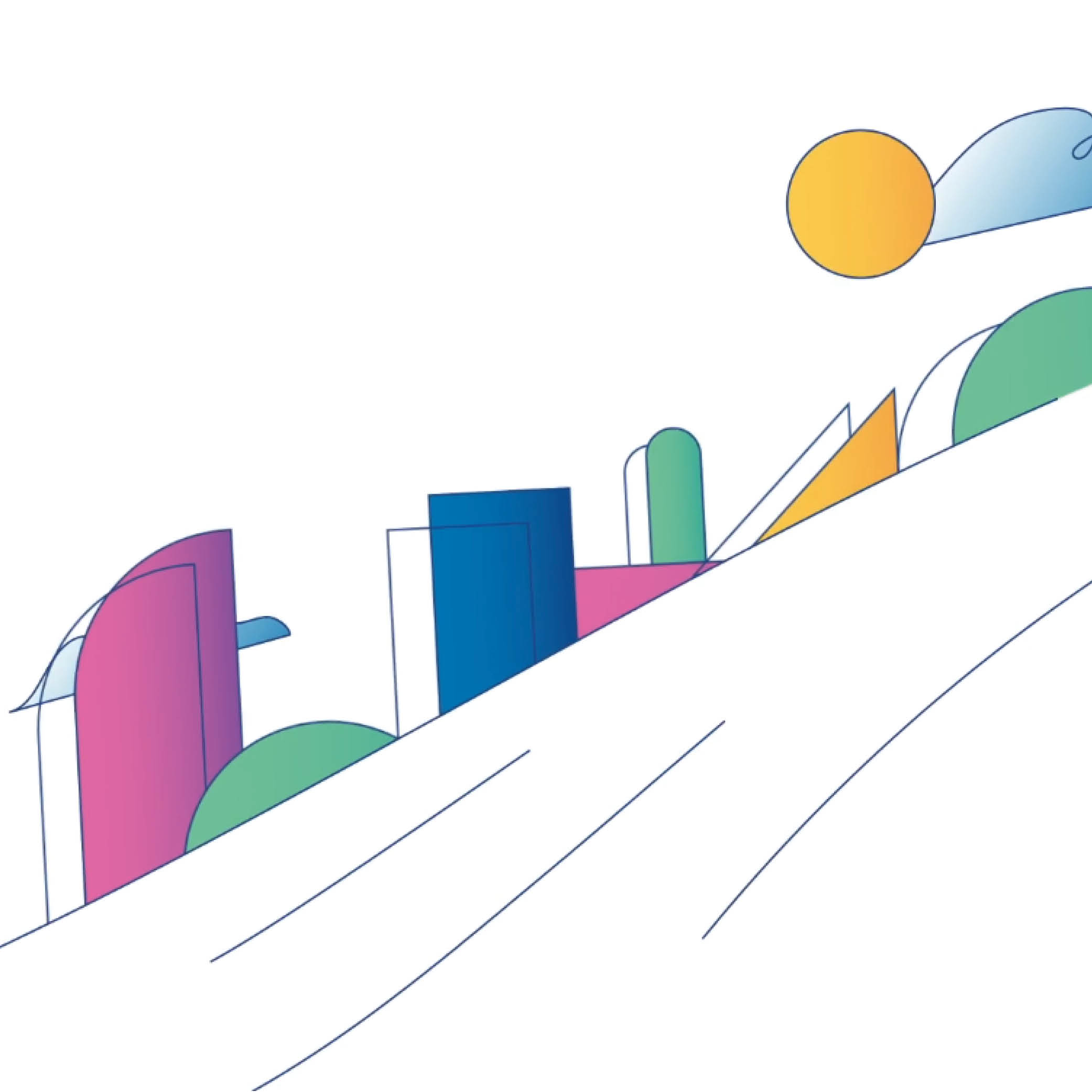
- By identifying a problem or need and transforming it into an opportunity (such as a product, service, or organizational process).
- By designing innovative, economically viable solutions with positive societal impacts.
- By implementing, testing, validating, and continuously improving solutions with the relevant stakeholders.
- By integrating and managing uncertainties and unexpected situations with ingenuity and creativity.
- By translating strategy into roadmaps, objectives, business plans, and operational actions.
- By supporting individuals through internal and external change.
Communicating
To convince and rally
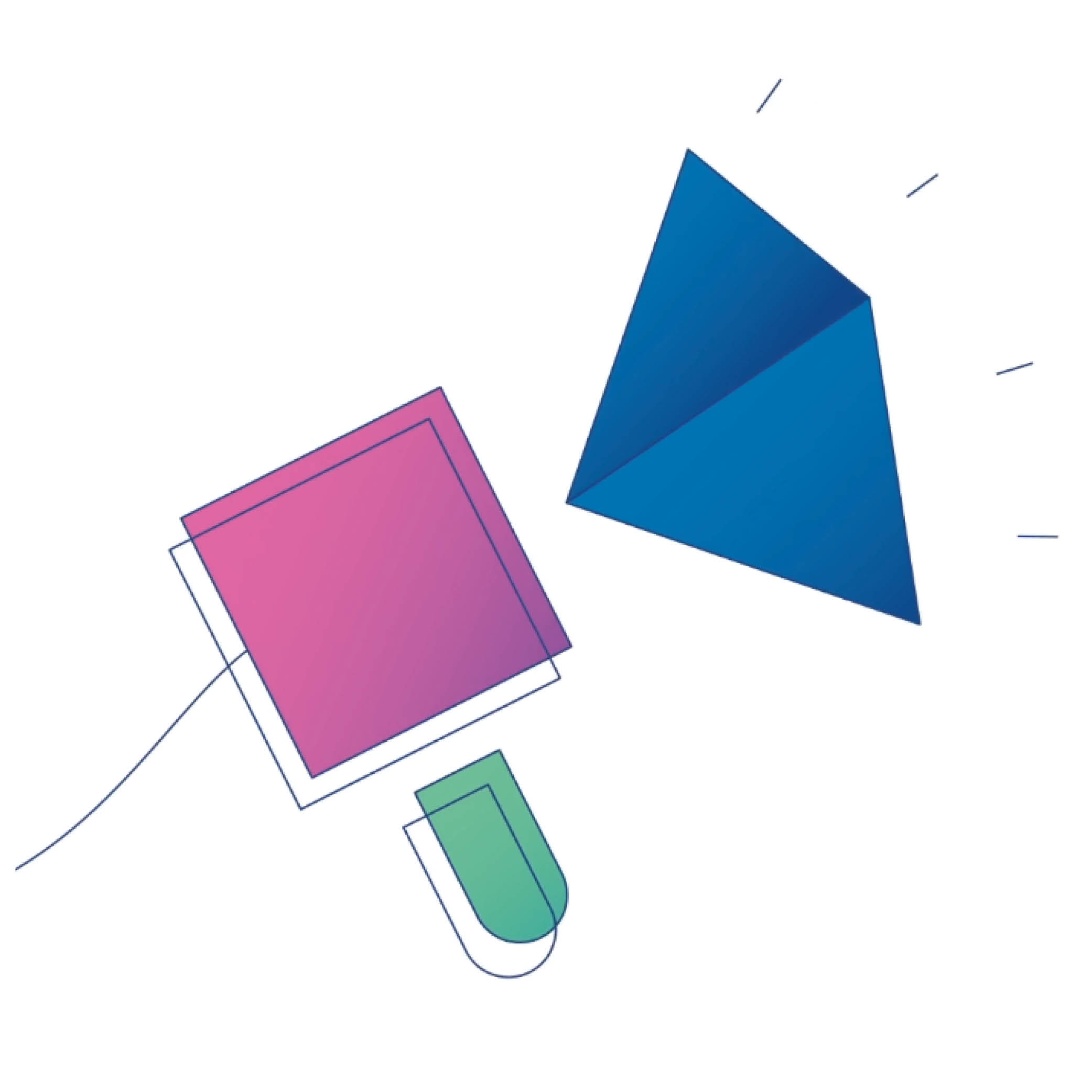
- By daring to express ideas clearly, concisely, fluidly, completely, and assertively, and in multiple languages.
- By adapting oral communication to different contexts and their specific codes, as well as to various interlocutors, while employing active listening.
- By crafting written communication that is clear and structured, tailored to the specifics of the audience (language, culture, role, etc.), and using digital tools effectively.
- By engaging in debate, negotiation, and persuasion, respecting professional and organizational codes, while acknowledging the diversity of interlocutors and using appropriate tools.
Collaborating
Because together, we go further

- By adopting active listening and supportive attitudes conducive to effective team integration.
- By establishing key guidelines necessary for a constructive, motivating, and inclusive team dynamic and functioning.
- By setting common goals and defining methods for evaluation and monitoring.
- By mobilizing collective, collaborative, and unifying dynamics.
- By managing tensions and conflicts constructively and empathetically.
- By adopting leadership styles appropriate to different situations and personalities.
Very concretely...
Based on the reports established by each subject group, the ICHEC Executive Committee has proposed a new bachelor's program, which includes the following key elements:
Starting in the first year, a new activity will help students discover their role as learners, better understand what management entails, and become aware of sustainability issues.
The revision of the Information Systems Management content will better prepare students for the challenges of an increasingly digitalized society.
The introduction of a course dedicated to sustainability will provide students with the theoretical foundations needed to understand the issues and consider potential actions.
The Psychology course, now positioned in the first year, will equip students with the tools to understand themselves and work in groups, thus developing the soft skills that will be applied throughout the program.
Participants in the Housing Project will now have the opportunity to experience the realities of business through a dedicated activity, while those choosing an internship will work on a solidarity project.
Significant emphasis has been placed on interdisciplinary activities, where students will work on concrete situations closely related to the professional world, applying the knowledge acquired in their courses.
And now?
The "new" first-year bachelor's program will start in September 2024.
Work on the intermediate and final years of the bachelor's program, as well as on the master's program, will be on the agenda for the Bachelor's and Master's Committees in 2024/2025.
This reform has already generated significant and motivating engagement among the teaching staff and program coordinators.
We thank everyone involved for their contribution to this major project, which is crucial for our future graduates.